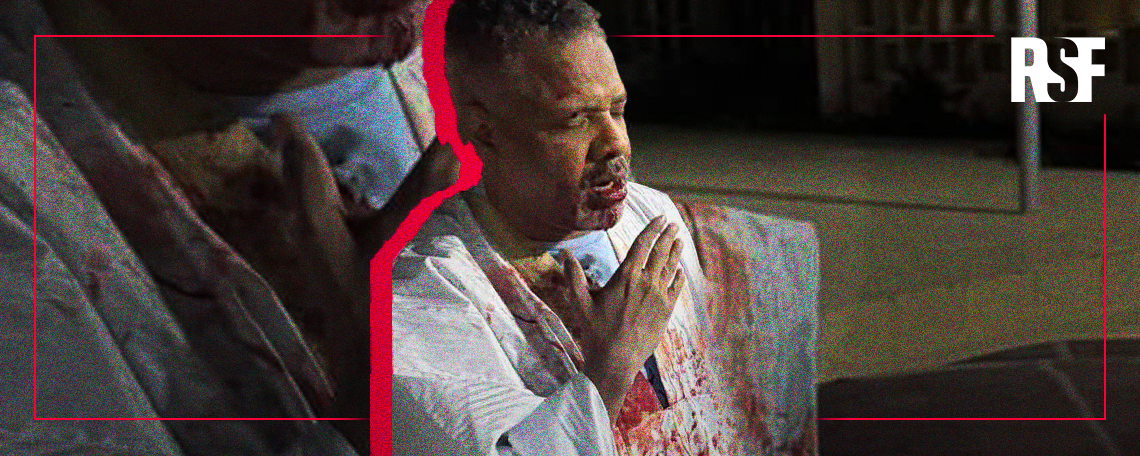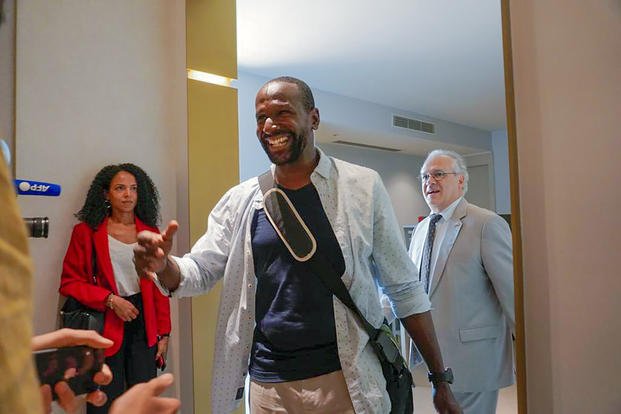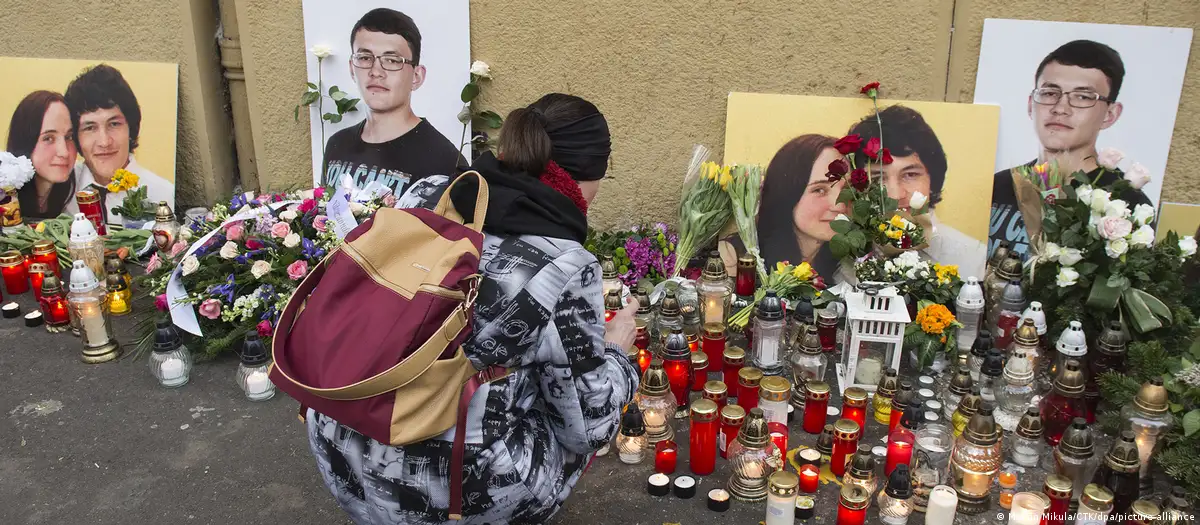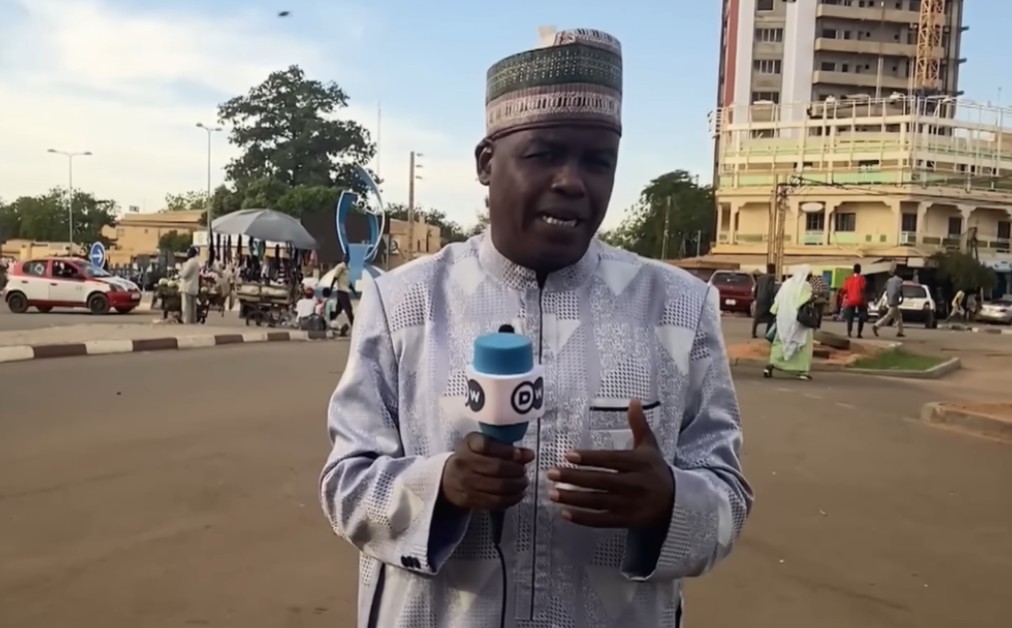
Colorado Legislator Sparks Outrage by Calling for Arrest of 9NEWS Journalists
January 31, 2025
RSF Urges Mauritania to End Intimidation of Journalists and Protect Press Freedom
January 31, 2025January 31, 2025 – France/Sahel –
Olivier Dubois, a French journalist specializing in the Sahel region, endured 711 days in captivity after being kidnapped by Islamic extremists in Mali. On April 8, 2021, while on assignment in Gao to interview a local leader of Jama’a Nusrat ul-Islam wa al-Muslimin (JNIM), an al-Qaida affiliate, Dubois was abducted and held hostage deep in the Malian desert.
Throughout his two years of captivity, Dubois faced harsh conditions, including isolation, limited food, and physical hardship. He was chained to a tree at night, subsisting primarily on dried goat meat, and suffered through extreme temperatures and psychological pressure. Despite the adversity, Dubois maintained his identity as a journalist, secretly recording his experiences on scraps of paper to mentally survive and stay connected to his professional mission. His captors subjected him to four failed escape attempts, one ending in a mock execution to break his spirit.
A significant element of DuBois’ ordeal was the suspected betrayal by his local fixer, who reportedly had connections to French military intelligence. This betrayal may have led him into a trap, although the full circumstances remain unclear. During captivity, Dubois also found solace in reading the Qur’an, which allowed him to establish a form of dialogue with his captors, offering some spiritual refuge and contributing to his resilience.
Dubois was finally released on March 20, 2023, in Agadez, Niger, alongside American aid worker Jeffery Woodke. While details of ransom payments remain undisclosed, his captors had reportedly valued his life at around €10 million. His release was part of ongoing complex negotiations involving multiple governments and intermediaries.
Following his release, Dubois published his memoir, Prisonnier du désert, 711 jours aux mains d’Al-Qaïda, in which he reflected on his captivity, survival, and the psychological aftermath. He remains uncertain about returning to journalism but acknowledges the lasting trauma of his experience. His story also highlights the continued dangers journalists face in conflict zones like the Sahel, where extremist groups have used kidnappings both as a financial tool and a method of spreading fear.
Reference –




